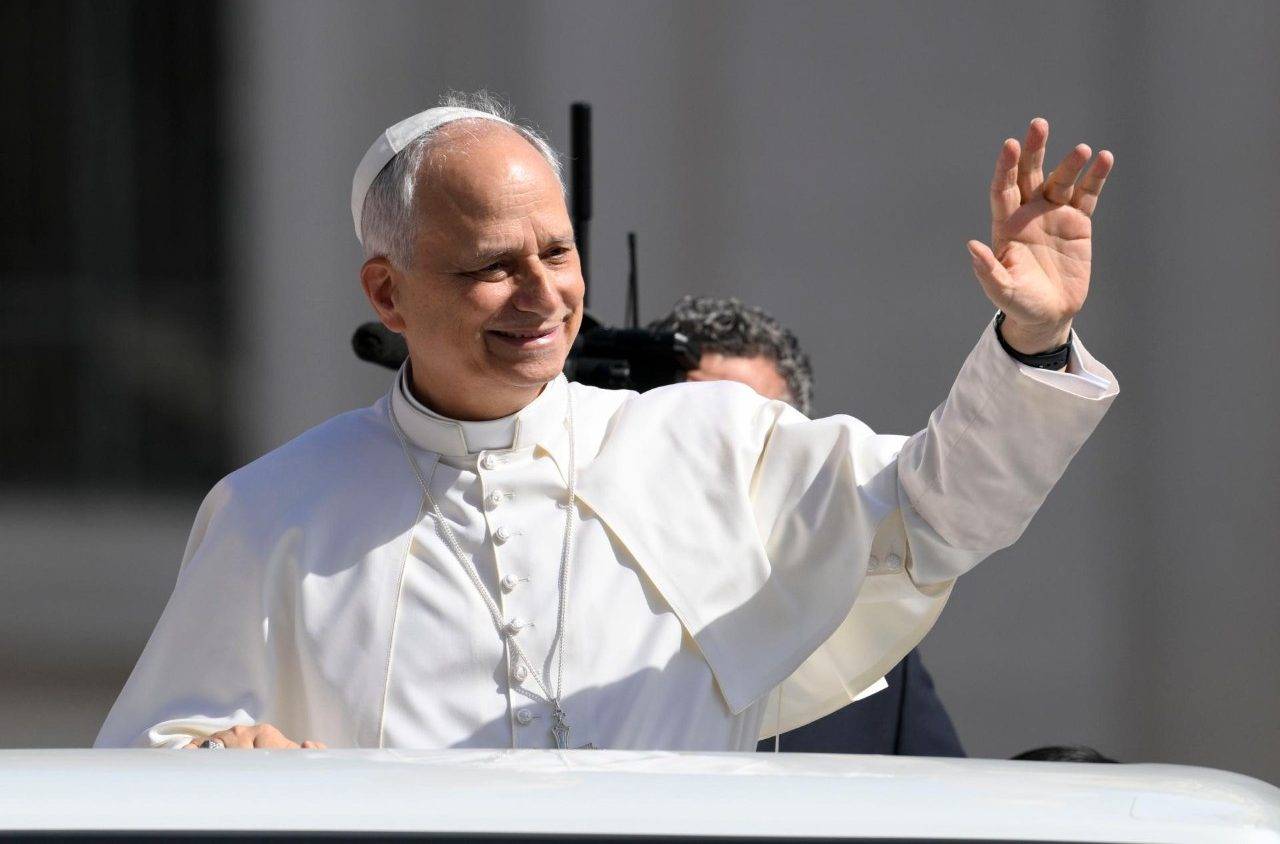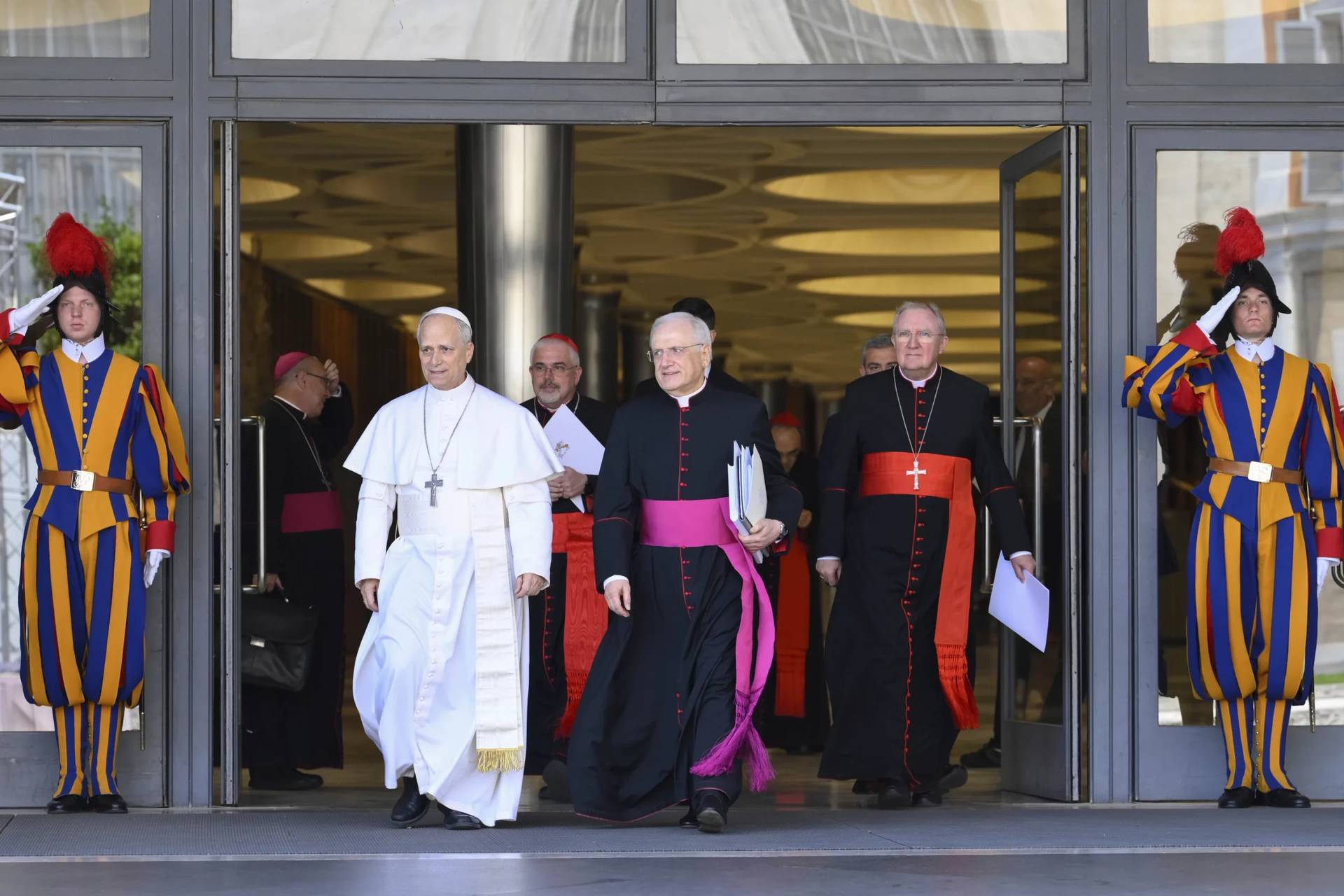ROME – Heading into an Oct. 3-28 Synod of Bishops on young people, faith and vocational discernment, one big-ticket question on the Catholic street was whether the 300 or so prelates gathering in Rome would acknowledge the elephant in the room: clerical sexual abuse scandals, and what they mean for the life and moral integrity of the Church.
Judging solely by the official verbiage delivered on the opening day, which may be a premature measure, the answer would appear to be that if such an acknowledgment happens, it’s going to have to come from the floor and not from the event’s official hosts.
Though it’s difficult by now to know precisely when to start the clock running, this summer has featured:
- The resignation from the College of Cardinals of ex-Cardinal Theodore McCarrick in the wake of charges of sexual abuse and misconduct.
- Further developments in a massive clerical abuse crisis in Chile.
- A devastating Pennsylvania grand jury report, identifying more than 300 predator priests over a 75-year period and over 1,000 child victims.
- Bombshell accusations from a former papal ambassador to the U.S. that Francis himself knew about the McCarrick charges and ignored them.
Given all that, efforts to steer clear of the subject this month could seem an exercise in futility to some.
Yet in almost 8,400 words of rhetoric delivered in four separate speeches on the meaning and purpose of the synod, two by Pope Francis on Wednesday, as well as one by Italian Cardinal Lorenzo Baldisseri, head of the Synod of Bishops, and another by Brazilian Cardinal Sérgio da Rocha, the “general relator,” or chairman, of this synod, the phrase “sexual abuse” never appeared and there were no direct references to any of the scandals that have made summer 2018 a winter of discontent for the Church.
Taken together, what the four tone-setting addresses may suggest is a strategy on the part of the organizers of this gathering to avoid turning it into a forum for discussing the abuse crisis, preferring to await February when Francis has summoned the heads of bishops’ conferences from around the world to Rome for a three-day gathering on child protection.
Further, the idea may be that critically important as the abuse scandals are, the formal themes of this summit are also compelling and deserve their moment in the sun – the Church’s relationship with the young people of the 21st century, the difficulties of passing on the faith in an increasingly secular world, and the challenges of fostering vocations in cultures that seem increasingly allergic to the very idea of commitment.
The difficulty with that approach, however, is that abuse survivors around the world, along with rank-and-file Catholics of all stripes concerned about the scandals that have gripped the Church this summer, may not exactly think that delaying the conversation for four months is quite the sort of rapid response the Church needs at the moment.
That seemed to be the tenor of a blog post on Wednesday from Archbishop Charles Chaput of Philadelphia, for instance, on what needs to be discussed at the synod, in which he’s taking part.
“A synod that deals with issues of sexuality and young people should also deal — honestly and thoroughly — with the roots of a clergy sexual abuse disaster involving minors,” Chaput wrote.
To be fair, da Rocha did encourage bishops at the synod to speak openly about the realities of the moment.
“I ask all the synod fathers, above all this first week where we’re trying to ‘recognize’ [what’s happening], to help us understand what young people experience in their territory,” he said. “Every speech we give on young people should always depart from a contextual realism and not from abstract theories distant from the daily realities of life.”
Da Rocha also cited a line from Francis to the effect that “a faith that doesn’t put itself in crisis is a faith in crisis.”
Still, among abuse survivors, who gathered on Wednesday just a stone’s throw from the synod hall in front of the Castel Sant’Angelo at the end of the Via della Conciliazione, there didn’t seem to be much confidence that the “daily realities” of their lives would be heard.
“Close this useless synod, or change things for real,” said Alessandro Battaglia, a 22-year-old who claims he was abused by a Milan priest named Father Mauro Galli in 2011.
“The bishops covering up abuse, we all know who they are, [they should] resign,” he told Claire Giangravè of Crux.
For sure, in the days to come, the bishops, religious leaders, and young people gathered for the synod will have multiple opportunities to put the abuse issue on the agenda, and it’s quite unlikely it won’t surface in several forms along the way.
Still, for Catholics around the world wanting to believe that their leaders grasp the hurt and sense of urgency that’s percolating in the Church, the Synod of Bishops’ opening day may not have quite delivered the reassurance they seek.















